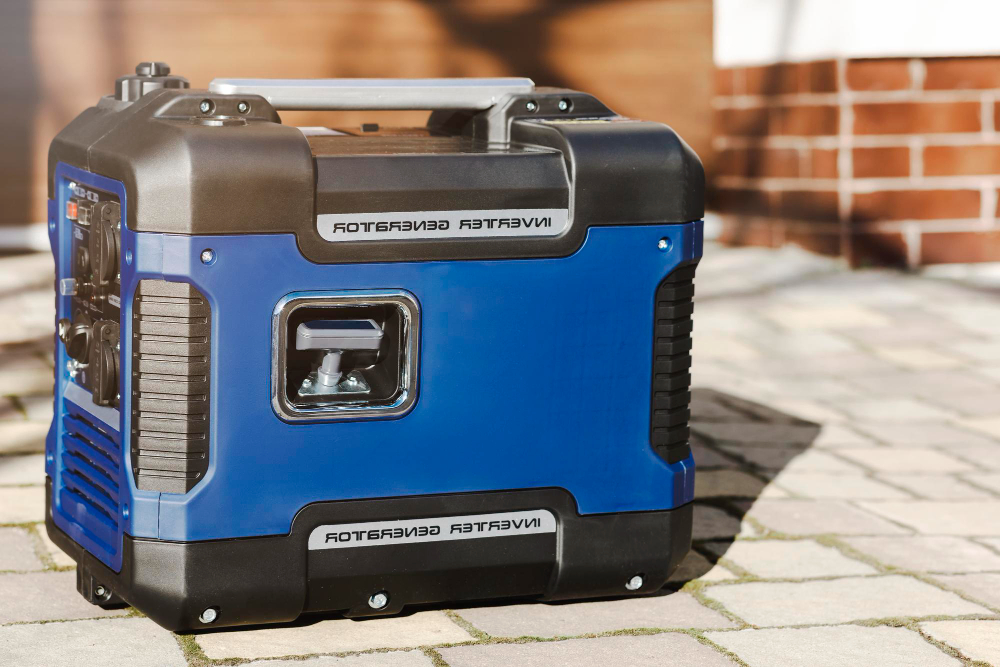Generators are invaluable assets that provide backup power during blackouts or serve as a primary power source in remote locations. Whether you need a generator for your home, business, or outdoor activities, selecting the right size is crucial for meeting your power needs efficiently and effectively. In this article, we guide you through the process of calculating the right size generator for your specific power requirements.
Assess Your Power Needs
The first step in determining the right generator size is to assess your power needs. Create a list of all the electrical appliances and equipment you intend to power with the generator. Include their wattage ratings, which can typically be found on the appliance’s nameplate or in the user manual.
Calculate Total Wattage
Add up the wattage of all the appliances and equipment you listed. This will give you the total wattage required to power everything simultaneously. Keep in mind that some appliances, like refrigerators or air conditioners, have higher starting wattage, known as surge wattage, which needs to be considered.
Determine Running and Starting Wattage
Separate the list into two categories: running wattage and starting wattage. Running wattage refers to the continuous power required to keep an appliance running, while starting wattage is the additional power needed to start an appliance. For example, a refrigerator may have a running wattage of 800W but require 2000W during startup.
Calculate Surge Power
To calculate the total surge power needed, add up the starting wattage of all appliances that may run simultaneously. This will give you the peak power your generator needs to handle during startup.
Select the Right Size Generator
Once you have the total running wattage and surge wattage, choose a generator with a capacity slightly higher than these values. Generators are typically rated in watts, such as 3000W, 5000W, or 10,000W. A generator with a capacity slightly above your total wattage needs will provide a safety margin and prevent overload situations.
Consider Future Needs
If you anticipate future additions to your power needs, such as new appliances or equipment, it’s wise to choose a generator with some extra capacity. This way, you won’t outgrow the generator’s capabilities as your power requirements evolve.
Noise and Fuel Efficiency
In addition to size, consider other factors like noise levels and fuel efficiency. Quieter generators are ideal for residential areas, and fuel-efficient models can save on operating costs over time.
Seek Professional Advice
If you are uncertain about calculating your power needs or selecting the right size generator, consult a professional electrician or generator expert. They can provide valuable insights and recommendations based on your specific requirements.
Empowering Your Lifestyle
Selecting the right size generator ensures that you have a reliable power source to meet your needs during outages or in remote locations. By accurately calculating your power requirements and choosing a generator with ample capacity, you can empower your lifestyle with uninterrupted electricity, whether it’s for essential appliances during emergencies or powering your outdoor adventures. Take the time to assess your needs, consider future growth, and seek professional advice if necessary. With the right size generator, you can enjoy peace of mind and the convenience of dependable power whenever you need it.




